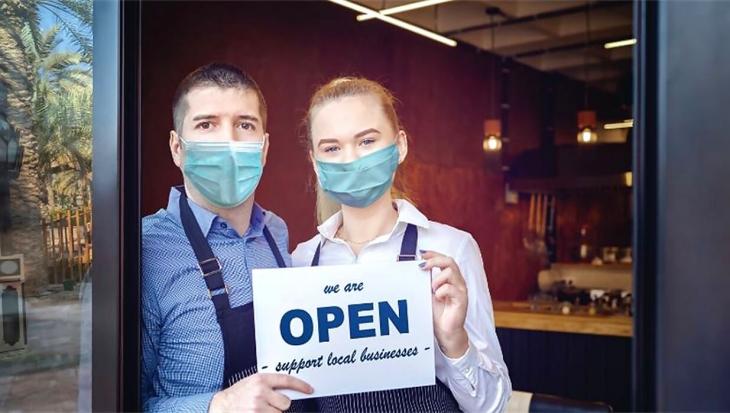SMEs on the road to recovery
The European Union is currently working to reach its goal of vaccinating 70% of its citizens.
European Commission President Ursula von der Leyen has announced that an additional 1.8 billion doses of the COVID-19 vaccine will be delivered by BioNTech/Pfizer. As these are delivered, more and more EU Member States are easing COVID restrictions and re-opening.
Despite this, regulations have been a burden on enterprises. 60% of Europe’s SMEs reported a drop in turnover in 2020.
To help SMEs through the crisis, the EU has taken a number of steps, including:
- Issuing a €540 billion COVID-19 support package for jobs and workers, businesses, and Member States;
- Approving €750 billion in Next Generation EU funding;
- Establishing the temporary SURE instrument for employment;
- Releasing a Better Regulation guide.
As explained in the Commission’s updated Industrial Strategy, the proposed actions to benefit SMEs are important for delivering a holistic SME-centric approach.
To encourage entrepreneurship, the EU must support innovation through easy access to financing and tailored support. This includes reducing bureaucracy and difficulties. To help achieve this, the Commission is appointing an SME envoy whose role will be to ensure that SMEs are considered in new legislation.
In light of the twin green and digital transitions, financing is particularly important. The EU must support companies in the fight against climate change to ensure growth and future jobs.
In terms of digitisation, the pandemic has shown the need for digital infrastructure, in particular the need for SMEs to digitise to remain competitive.
To sum up, the European economy relies on the success of SMEs. Therefore, the EU must do as much as it can to ensure SMEs emerge from the crisis stronger and more resilient.
Read the full article on SMEs and the recovery here.
